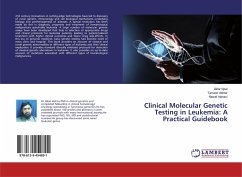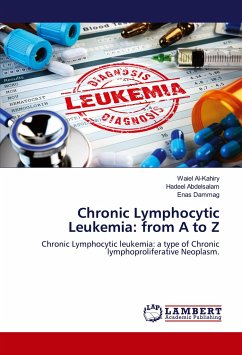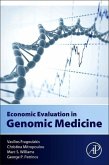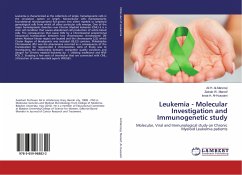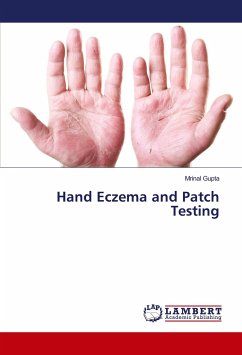21st century innovations in cutting-edge technologies have led to discovery of novel genetic, immunology and cell biological mechanisms underlying biology and parthenogenesis of diseases. A special revolution has been made by this in diagnosis, prognosis and treatment of hematological malignancies specifically leukemia. A large number of molecular genetic assays have been developed that help in selection of appropriate drugs and clinical protocols for leukemia patients, leading to patient-tailored treatment with higher clinical outcomes and fewer drug side-effects. In this era of genomic medicine, basic genetic testing had become need of every clinic and hospital. This book provides an account of classical and novel genetic abnormalities in different types of leukemia and their clinical implication. It provides standard clinically validated protocols for detection of classical genetic aberrations in leukemia. It also provides an up-to-date account of mutations associated with different types of hematological malignancies.

